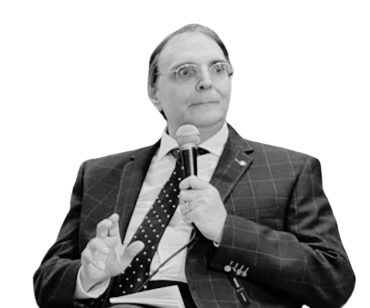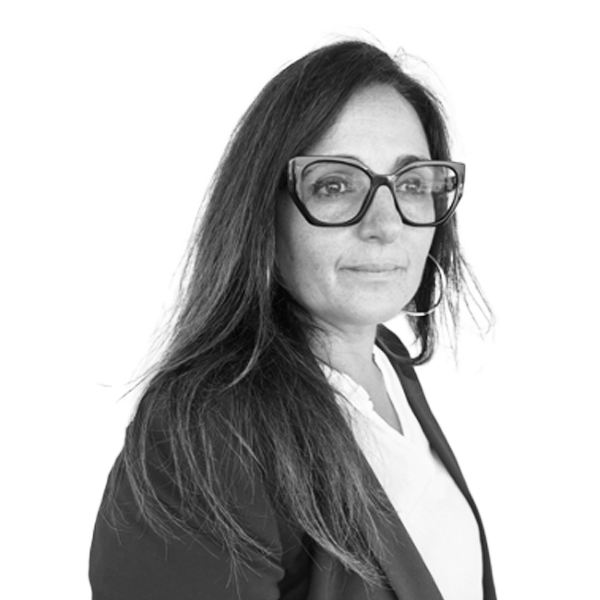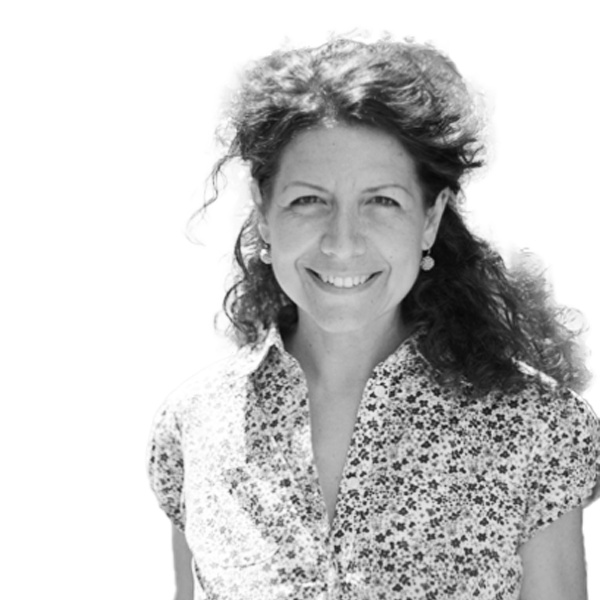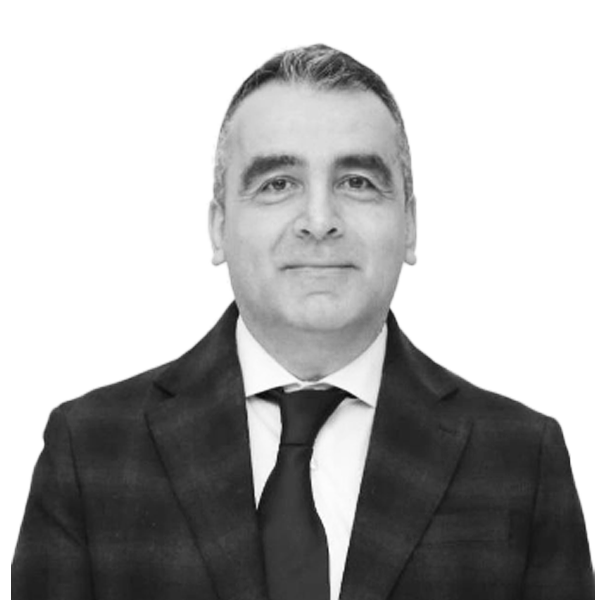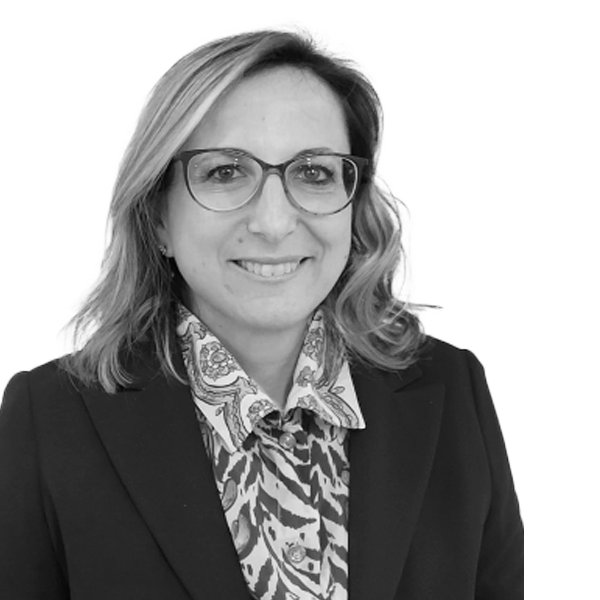The name of the Laboratory highlights two key elements: a focus on theories and their educational interpretation. This implies that:
- While practice is not excluded, it does not constitute the main focus of the Laboratory;
- The epistemic intent in approaching theories should be related to emphasizing their educational potential.
The rationale guiding this approach aims to go beyond a perspective that merely identifies conceptual cores, compares theories, or pinpoints their strengths and weaknesses.
To remain focused on the aspects identified in points 1) and 2), the epistemic intent guiding the Laboratory begins with theoretical content in order to extract the generative processes behind such content — in other words, a path that starts from the “thought” to identify the “thinking.”
More specifically, the Laboratory adopts the distinction proposed by H. Gardner between subject matter and discipline, where “while school subjects can be considered sets of content that students must learn, disciplines involve particular ways of thinking or interpreting the world that students must develop” (Gardner, 2007).
This distinction, which Gardner proposes as relevant for schools, also holds significance in broader contexts, as it envisions knowledge as a means to a fundamental educational goal: the formation of the mind.
This perspective also includes studies on thought experiments (Mach, 2017; Buzzoni, 2009), which can be considered relevant for their contribution to clarifying the mental processes involved in the generative dynamics of knowledge.
Additionally, further reflections stem from studies on the role that different forms of intelligence play in these generative processes (Gardner, 2000, 2007, 2020).
